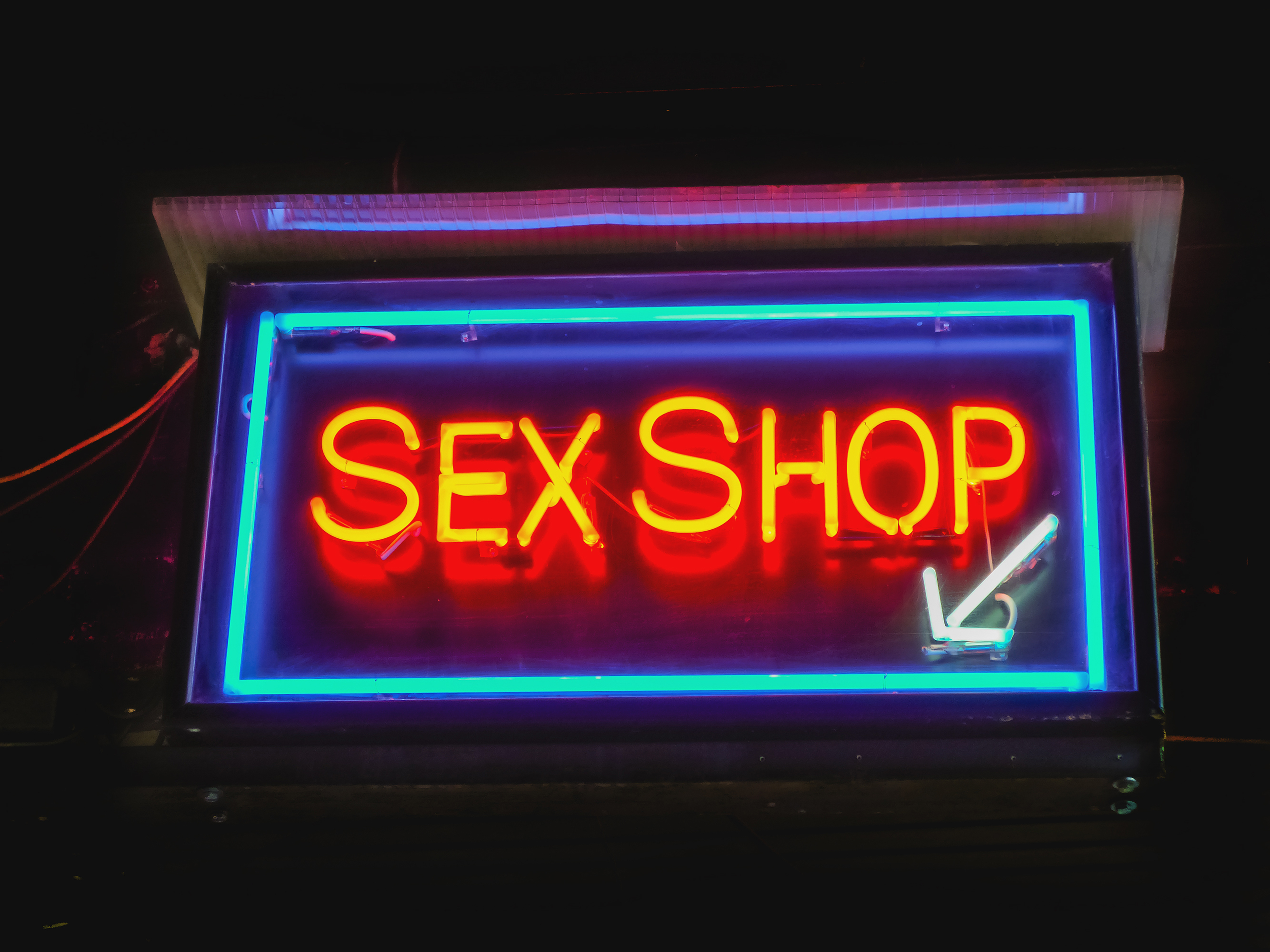Share This Article
By Sahar Adatia and Jimmy Singh.
This week, it was reported that a 49-year-old man was arrested at a brothel in Surry Hills after he was caught filming a 23-year-old woman without consent.
On 17 February 2020, shortly after 6pm, Police officers from the Surry Hills Police Area Command responded to a job to attend a Surry Hills brothel in respect to an alleged incident of a women filmed without consent.
Upon their arrival at the brothel, the officers first approached and questioned the woman before the man was arrested at the venue.
The 49-year-old man was then escorted to the Surry Hills Police Station where he was charged with 38 counts of filming a person engaged in a private act without consent.
According to police, a significant number of videos were discovered on the man’s phone, which showed women filmed without their knowledge or consent across various adult entertainment establishments.
Police refused the man bail at the police station who then appeared before the Central Local Court on Tuesday 18thFebruary.
Have a question on this topic? We offer free first consultations with our criminal lawyer, Sydney and Parramatta based.
Understanding the Law on Filming a Person Engaged in a Private Act
The law regarding filming or videoing another person engaged in a private act is multifaceted.
The law has had to adapt to evolving and advancing technologies by creating offences for occasions where technology is utilised for inappropriate or indecent means.
In NSW, it is a serious offence to film a person engaged in a private act.
The offence, when committed in general circumstances, carries a maximum penalty of $11,000, or imprisonment for two years, or both (section 91K Crimes Act 1900 (NSW)).
This maximum penalty applies if the prosecution can prove each of the following elements beyond reasonable doubt in court:
- A person films another person; and
- He/she did so for sexual arousal or gratification; and
- Where the other person filmed was engaged in a private act (i.e. undressed, or engaging in sexual conduct); and
- Where that private act doesn’t normally occur in public; and
- Where this occurred in circumstances that the filmed person would ordinarily expect to have privacy; and
- Where the person filmed didn’t consent; and
- The person who did the filming was aware that there was no consent.
However, if the offence is committed under circumstances of aggravation – where there were factors at play that made the offending more serious – the maximum penalty increases to a jail term of five years.
Anyone who is guilty and convicted in court for the offence of filming a person engaged in a private act will be required to disclose his/her criminal record if ever asked, according to section 7 of the Criminal Records Act 1991 (NSW).
In addition, a convicted offender of this crime will be prohibited from obtaining a working with children’ check clearance, according to section 23 Child Protection (working with Children) Act 2012 (NSW).
What are the defences to a filming person engaged in private act charge in NSW?
If a defence applies to this charge, the court will dismiss it- in which case, the accused person will be acquitted, or the police will withdraw the charge earlier (by negotiations with the prosecution early enough in the case).
Some of these defence include:
- Where the filmed person consented to filming for purposes of sexual gratification or arousal.
- The person who did the filming held and honest and reasonable belief that the filmed person consented for the purpose of sexual gratification or arousal.
- Mistaken identity, where the accused person has been mistakenly identified as the perpetrator.
Where there is insufficient evidence for police to prove that the accused person did it for sexual arousal or gratification.
Book a Lawyer Online
Make a booking to arrange a free consult today.
Call For Free Consultation
Call Now to Speak To a Criminal Defence Lawyer
Over 40 Years Combined Experience
Proven SuccessAustralia-Wide
Experienced LawyerGuarantee
 (02) 8606 2218
(02) 8606 2218
 (02) 8606 2218
(02) 8606 2218














